Publications
Articles, publications, books, tools and multimedia features from the U.S. Institute of Peace provide the latest news, analysis, research findings, practitioner guides and reports, all related to the conflict zones and issues that are at the center of the Institute’s work to prevent and reduce violent conflict.
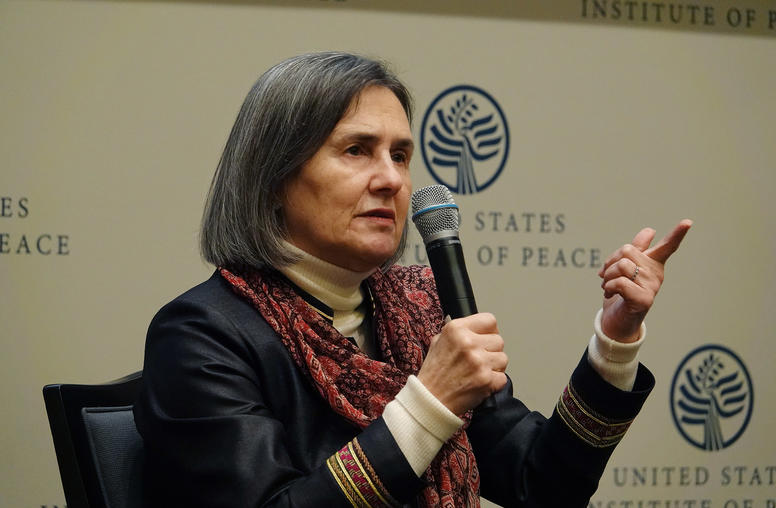
First Lady Rula Ghani on Afghan Women’s Consensus
As Afghans, the United States and the international community seek an end to the war in Afghanistan, the country’s first lady, Rula Ghani, says thousands of Afghan women nationwide have expressed a clear consensus on two points. They insist that the war needs to end, and that the peace to follow must continue to build opportunities for women. The single greatest step to advance Afghan women’s cause is education and training to build their professional capacities, Ghani told an audience at USIP.

Scott Smith on What’s Next in the Afghan Peace Process
The Afghan government and Taliban announced an agreement on a prisoner exchange this week, but it remains unclear what comes next. With the presidential election still undecided, “The question is if this is the beginning of a new peace strategy on the part of President Ghani, will he be the president a few months from now to carry that strategy forward?” asks USIP’s Scott Smith.
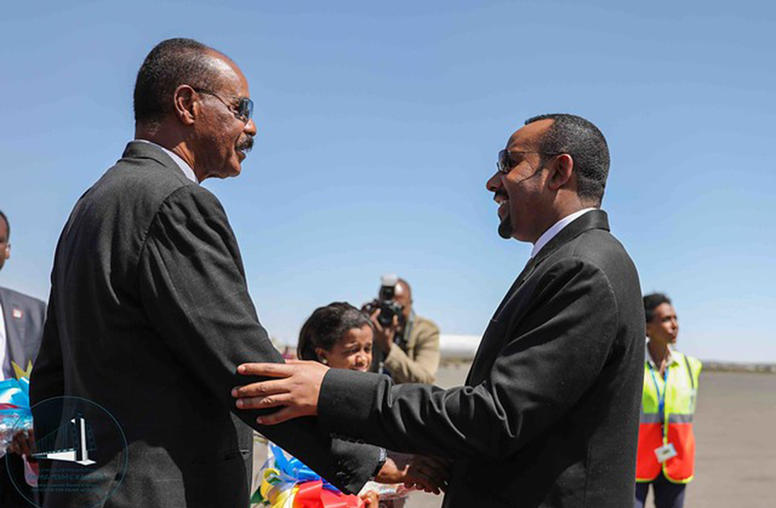
Nobel Laureate Abiy Ahmed’s Next Peacebuilding Project Should be at Home
Ethiopian Prime Minister Abiy Ahmed has remained in the news in the weeks following his 2019 Nobel Peace Prize—but not for the reasons you’d expect. An estimated 86 people have died in violence sparked by an alleged assassination attempt against a prominent political opposition leader. This tragedy is symptomatic of Ethiopia’s fragile transition and demonstrates the urgency for Dr. Abiy to focus his energies at home to deliver a peaceful transition for the 105 million Ethiopians counting on his leadership.
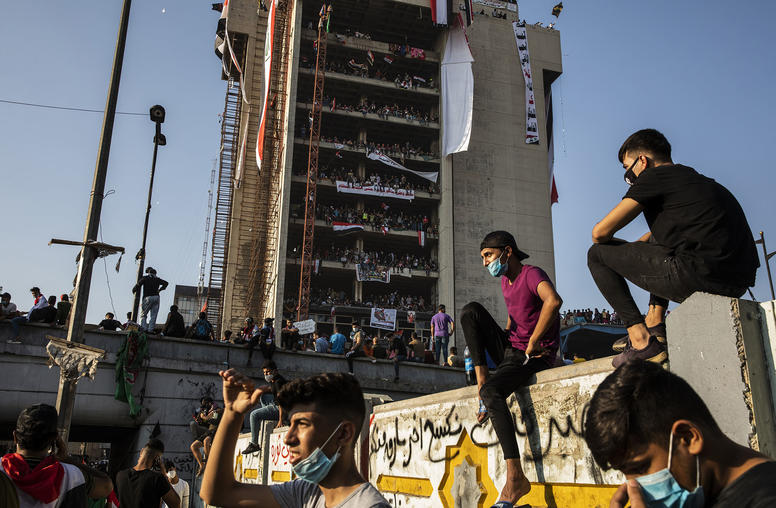
As Protests Continue in the Street, Iraq Reaches a Crossroads
Tens of thousands of Iraqis have been protesting in Baghdad and southern provinces against the failure of the Iraqi government and the political class in delivering basic services, providing jobs, fighting corruption, and more. Iraqi security forces and armed groups reportedly linked to Iran have used lethal force in response to the protests, leaving over 260 dead and over 10,000 injured. As the protests have progressed, demands have expanded to include calls for regime change, the resignation of Prime Minister Adel Abdul Mahdi, early elections, pushing back against Iranian influence, and accountability for killing peaceful protesters.

Nate Wilson on Libya’s Protracted Conflict
Factional violence and civil war have prevented Libya from transitioning to a secure, democratic government in the eight years since Qaddafi’s fall. But USIP’s Nathaniel Wilson says the path to peace still exists, and that “these kinds of generational revolutions take more time than that to play out.”
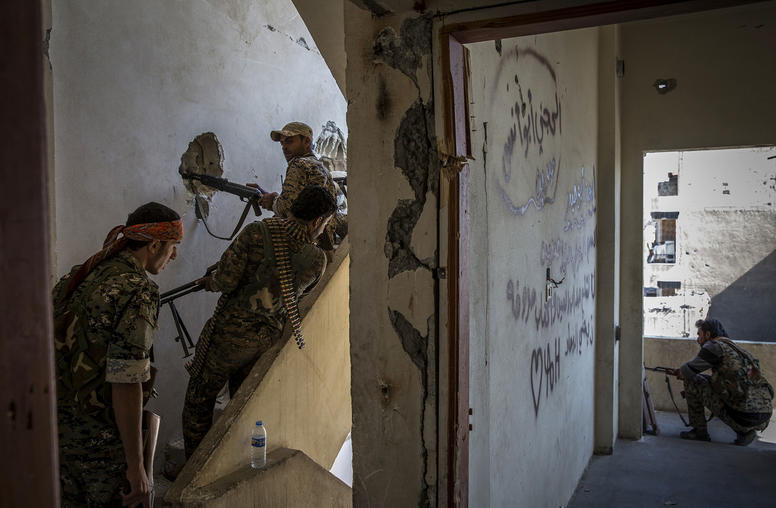
A Month After U.S. Withdrawal, What is the State of Play in Syria?
In the month since President Trump’s October 6 phone call with Turkish President Erdogan and the announced U.S. withdrawal from northeast Syria, the picture on the ground has changed immensely. Moscow has emerged as the key power broker in Syria. The Kurds, looking for protection from Turkish forces, are in Russian-brokered talks with the Assad government. These discussions could pave the way for an expanded Syrian government presence in the northeast for the first time in years. Successive agreements with Turkey negotiated first by the United States (October 17) and then by Russia (October 22) to halt Ankara’s fighting with the Kurds have been marred by violations.
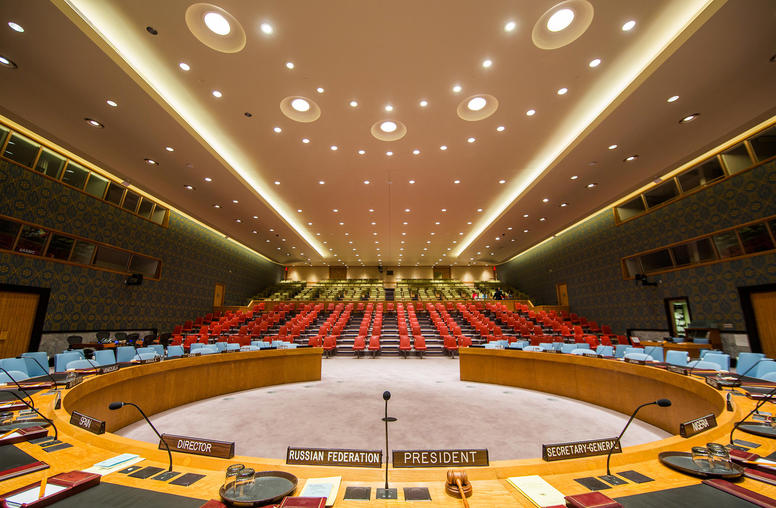
What Has the U.S. Got Against Peace Talks?
Last month, U.S. President Donald Trump withdrew from the Afghan peace process, closing off for the time being a rare opening to resolve a long, stagnant, and unpopular war. Whatever one thinks of the specifics of the deal that the U.S. representative at the talks, Zalmay Khalilzad, had nearly finalized with the Taliban, the episode was a perfect demonstration of the conflicted, often self-defeating view of peace agreements that mires U.S. foreign policy.
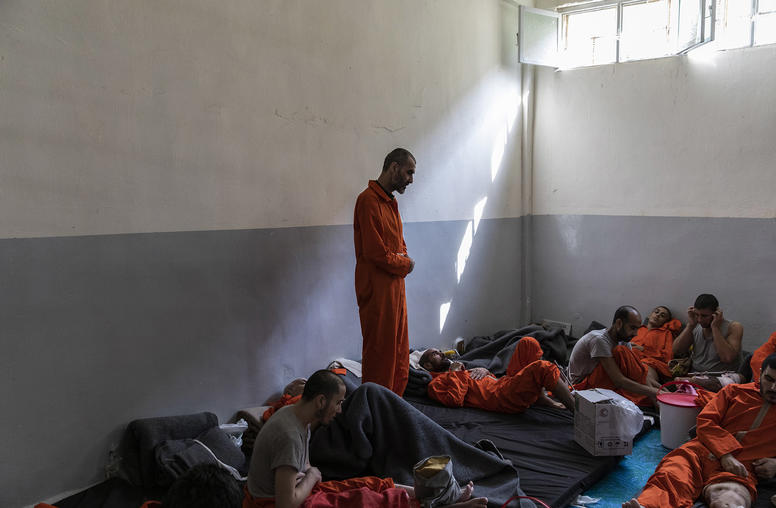
Can Policy Catch up to the Golden Age of Terrorism Research?
Meanwhile, researchers are increasingly understanding the dynamics that drive people to join terrorist groups—unpacking the numerous, complex reasons, and shining light on the local sociopolitical dynamics, something the media is covering more regularly. This new wave of research has a multiplicity of focus areas and employs rigorous methods to offer workable insights on violent extremism. It’s time for policy to catch up to the research.
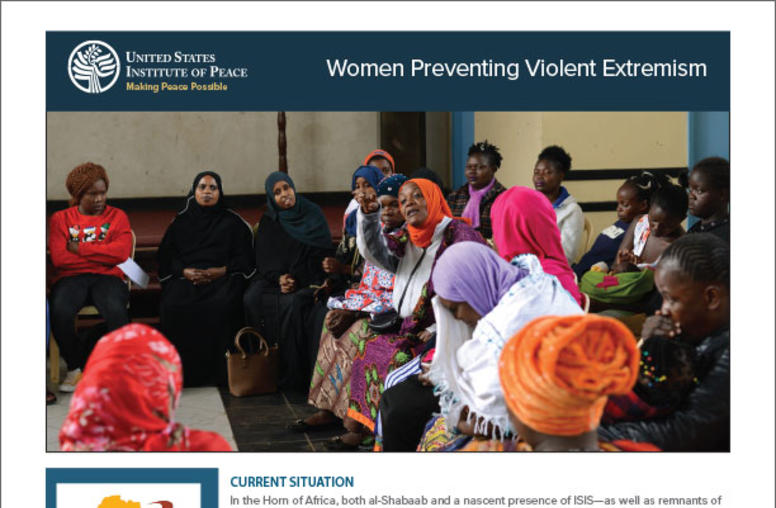
Women Preventing Violent Extremism
In the Horn of Africa, both al-Shabaab and a nascent presence of ISIS—as well as remnants of other extremist groups—remain in Somalia, with recruiters and facilitation networks extending beyond national borders and across the region. And in the Sahel, countless communities also suffer terrorist and extremist violence perpetrated by actors ranging from ISIS and al-Qaeda affiliates to locally driven movements.

Sarhang Hamasaeed on Iraq, Syria and ISIS
Several major developments have rattled the region in recent weeks, including Iraq’s ongoing protests, the U.S. withdrawal from Syria and the death of ISIS leader al-Baghdadi. USIP’s Sarhang Hamasaeed says his death is a major blow to the terrorist group, but “the fact remains that … the enabling environment that gave rise to ISIS” is still present.